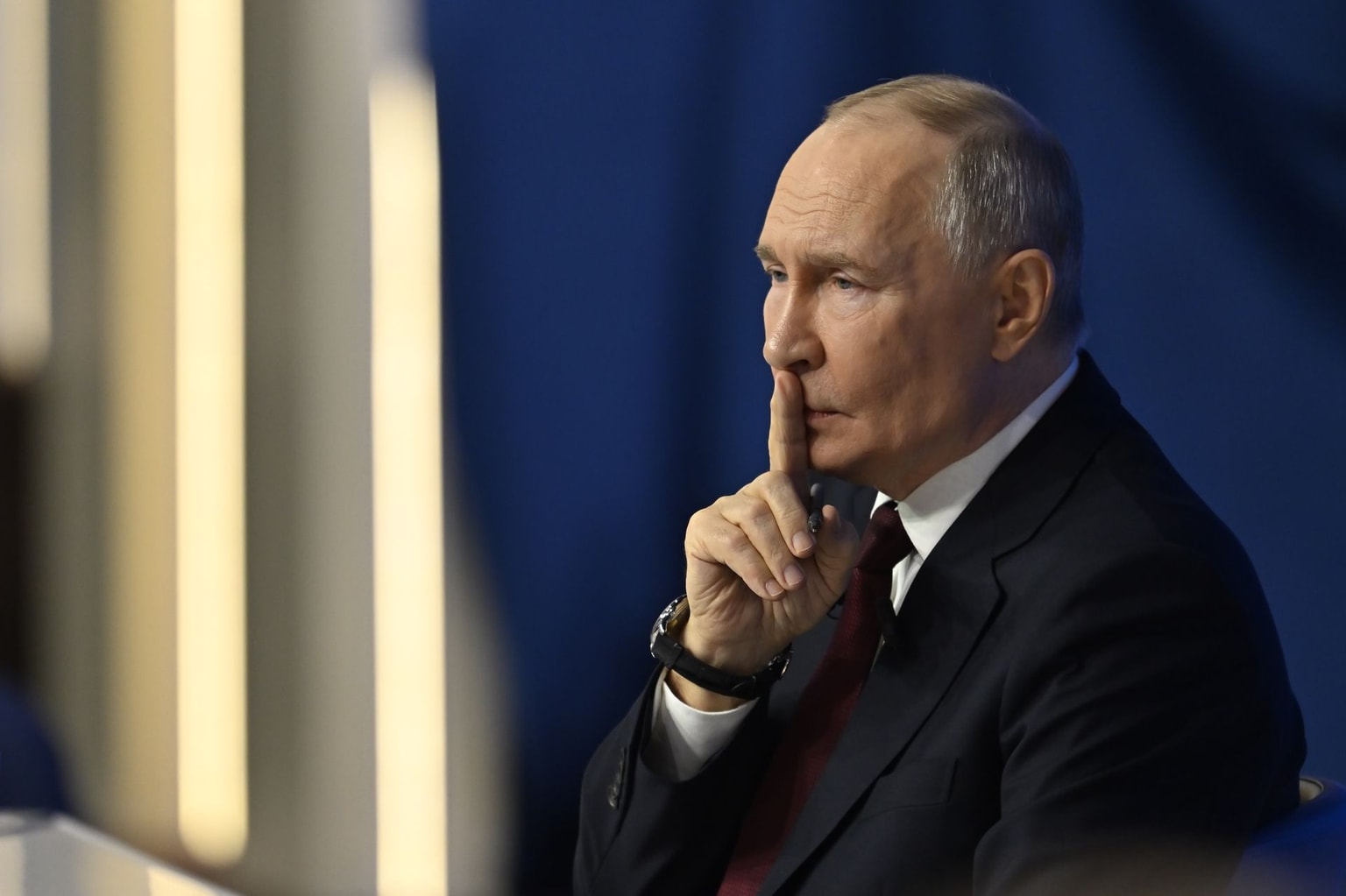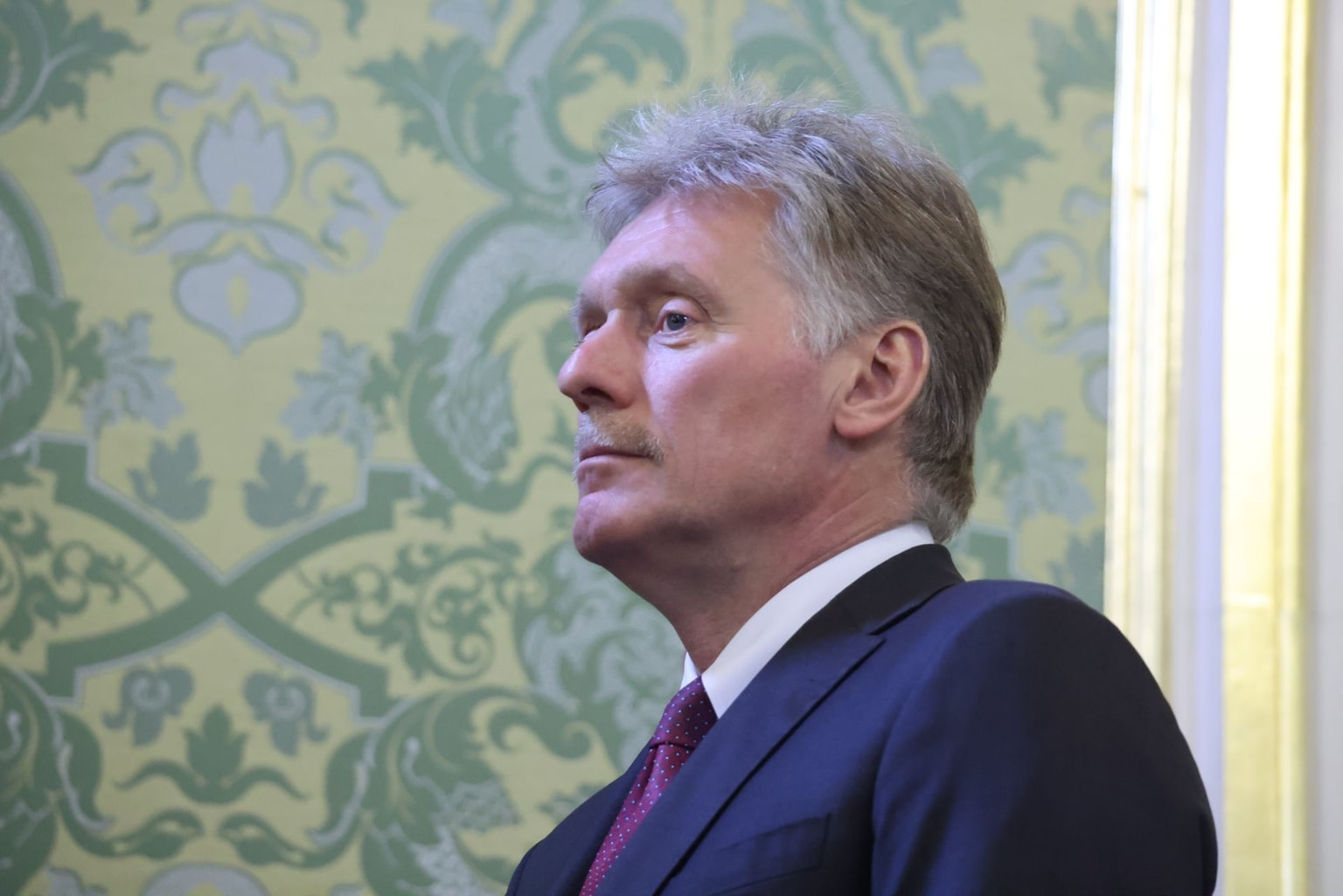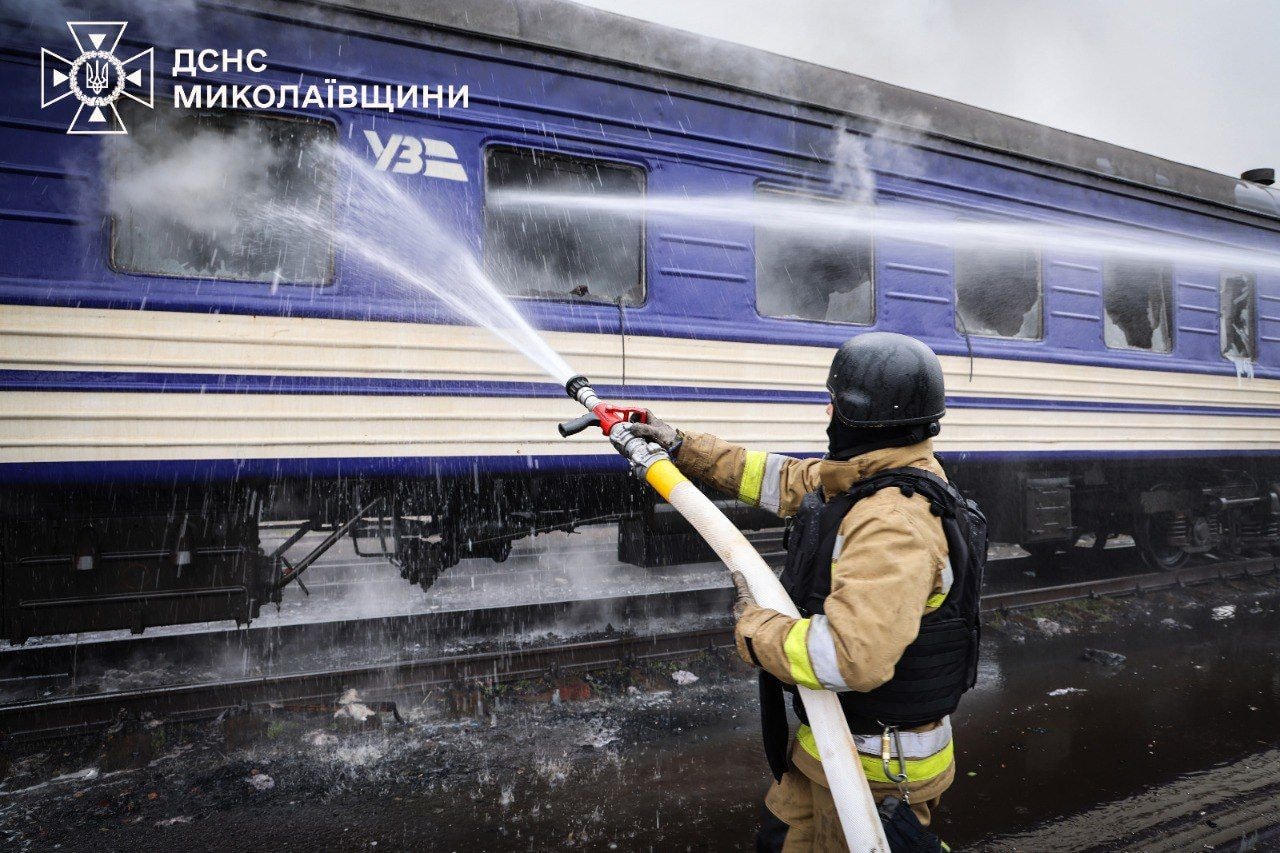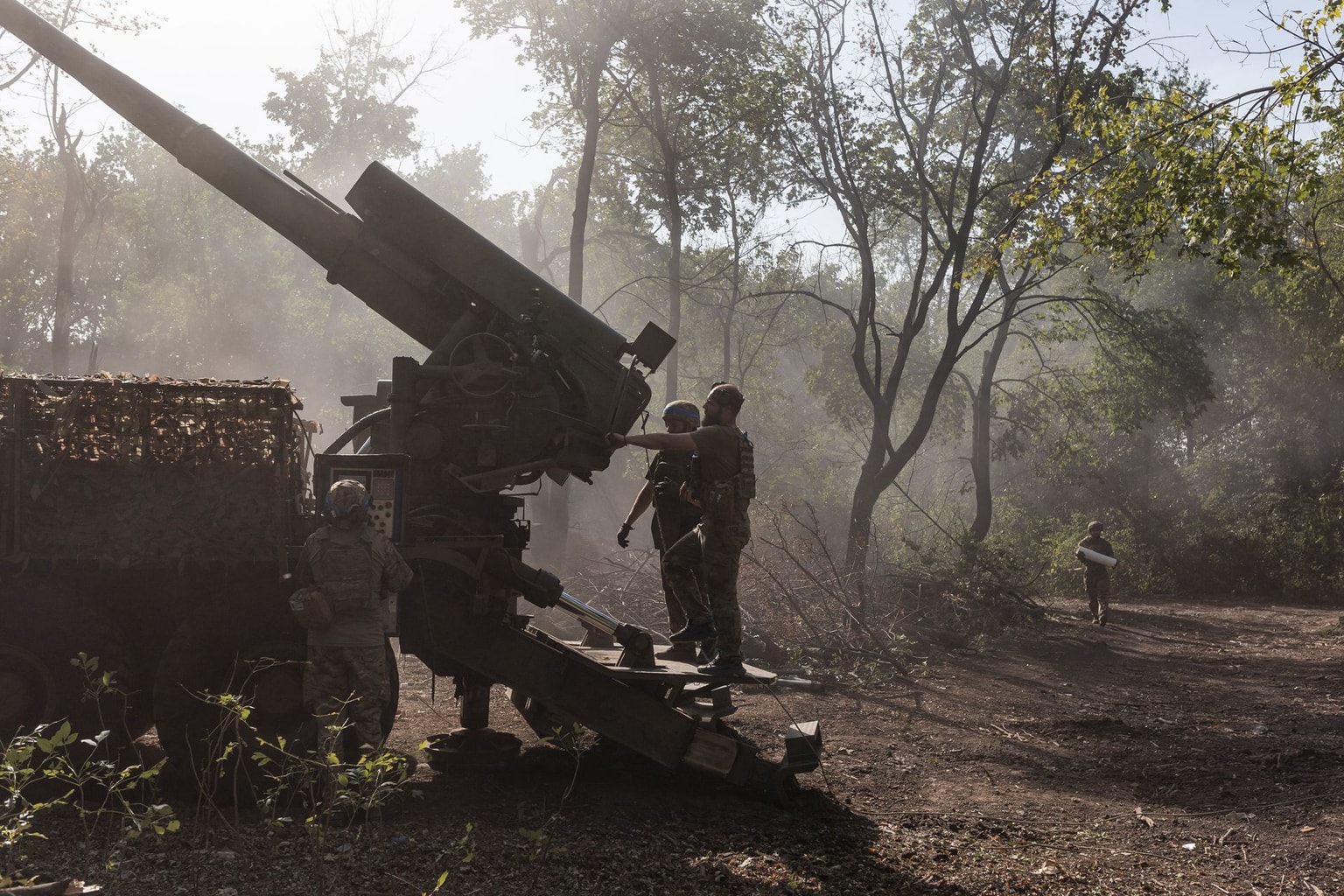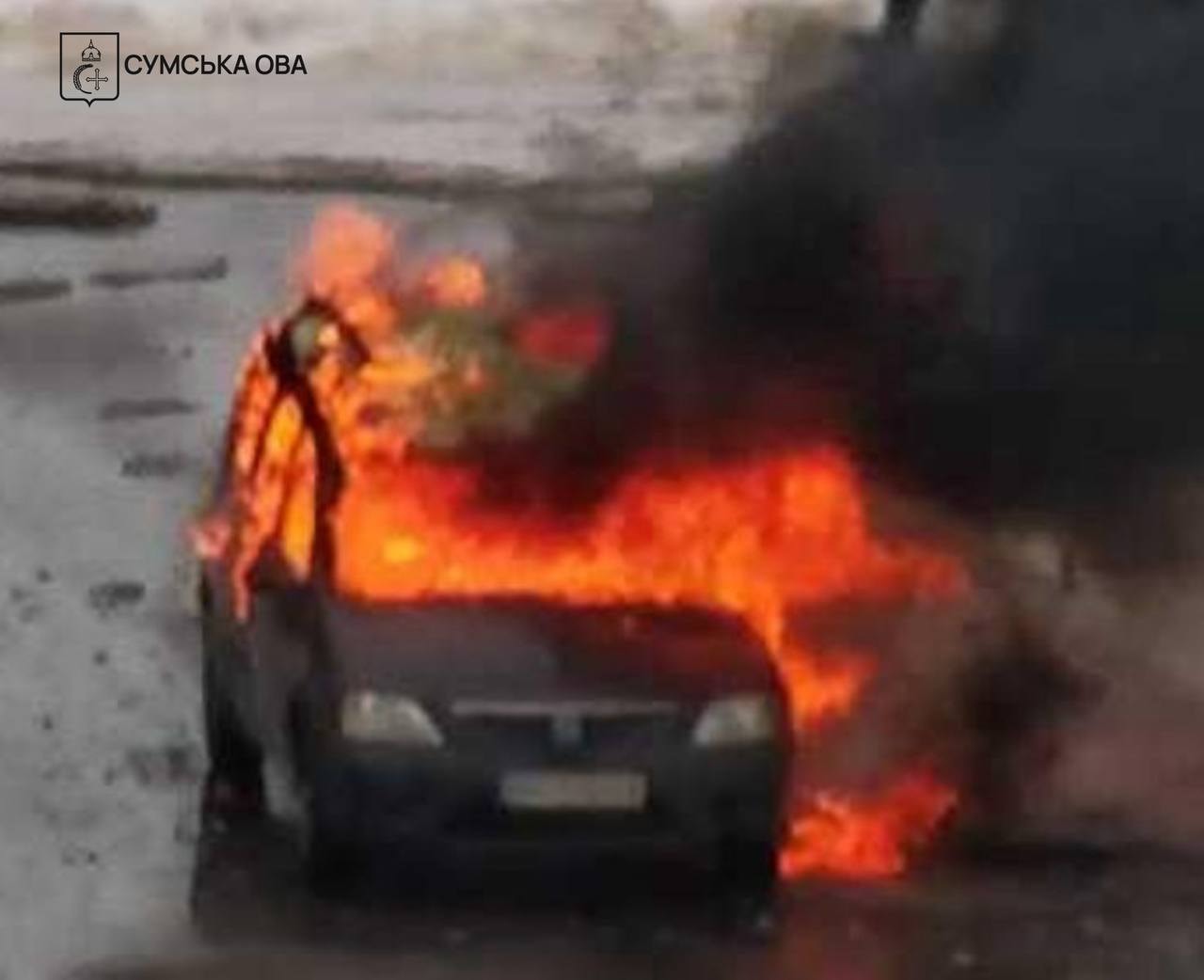
Ukraine war ceasefire

News Feed
Ukraine hit 4 Russian ships, killed 3 sailors in March 2 attack on Black Sea port in Krasnodar Krai, SBU source says
"There are no 'protected areas' for Russian military facilities," a source in the Security Service of Ukraine (SBU) told the Kyiv Independent.

Slovakia's Fico claims he has secret Druzhba pipeline satellite images
Slovak Prime Minister Robert Fico on March 4 claimed he has satellite imagery proving that the Druzhba oil pipeline is not damaged.

91 Ukrainians face deportation after Poland's nationwide police raid
The Ukrainian citizens are among the 147 foreigners wanted by Polish law enforcement who were detained during the raid carried out on March 2 and 3, "primarily aimed at verifying the legality of foreigners' stay."

Iranian drones hit airport in Azerbaijan as Middle East war escalates
The Azerbaijani Foreign Ministry said one drone hit the terminal building at Nakhchivan International Airport, while another landed near a school in Shakarabad, a village near the airport, at around midday local time.

At least 7 killed, 25 injured in Russian attacks on Ukraine over past day
Russian forces launched 155 different types of drones against Ukraine overnight, of which roughly 100 were Shahed, the Air Force said on March 5. It reported downing 136 of them.

General Staff: Russia has lost 1,270,400 troops in Ukraine since Feb. 24, 2022
The number includes 900 casualties that Russian forces suffered over the past day.

Most Popular
As markets opened on March 2, Russian officials were quick to frame the escalating Middle East crisis as an economic opportunity for the Kremlin. Within hours of the first U.S. and Israeli strikes, Russian Envoy Kirill Dmitriev quickly posted on X about crude potentially hitting "$100+" per barrel. Brent crude futures on the London ICE exchange initially had risen 13.04%, peaking at $82.37 per barrel — the highest level in over a year. Prices later eased to $79.38. The spike followed Iran's M



